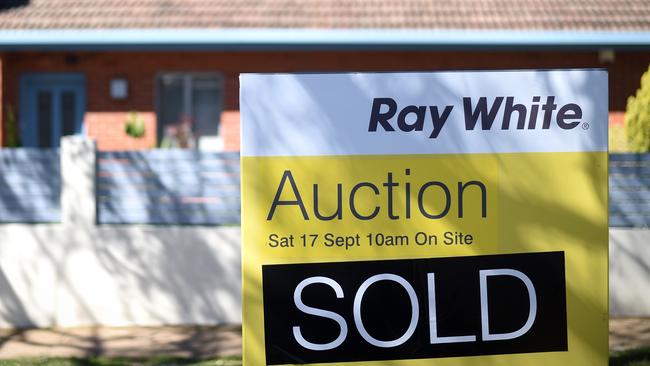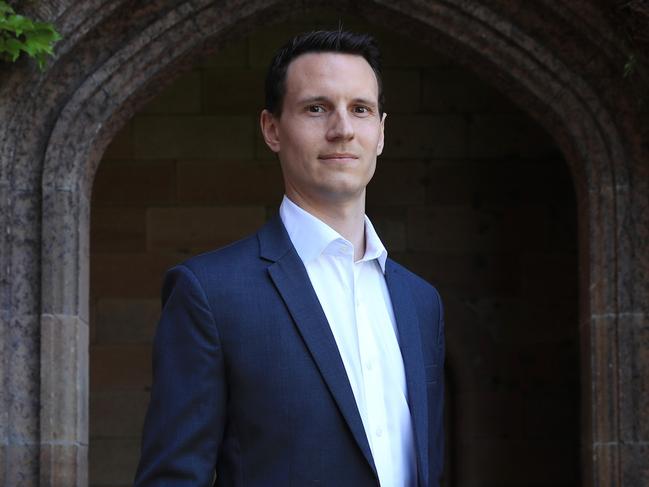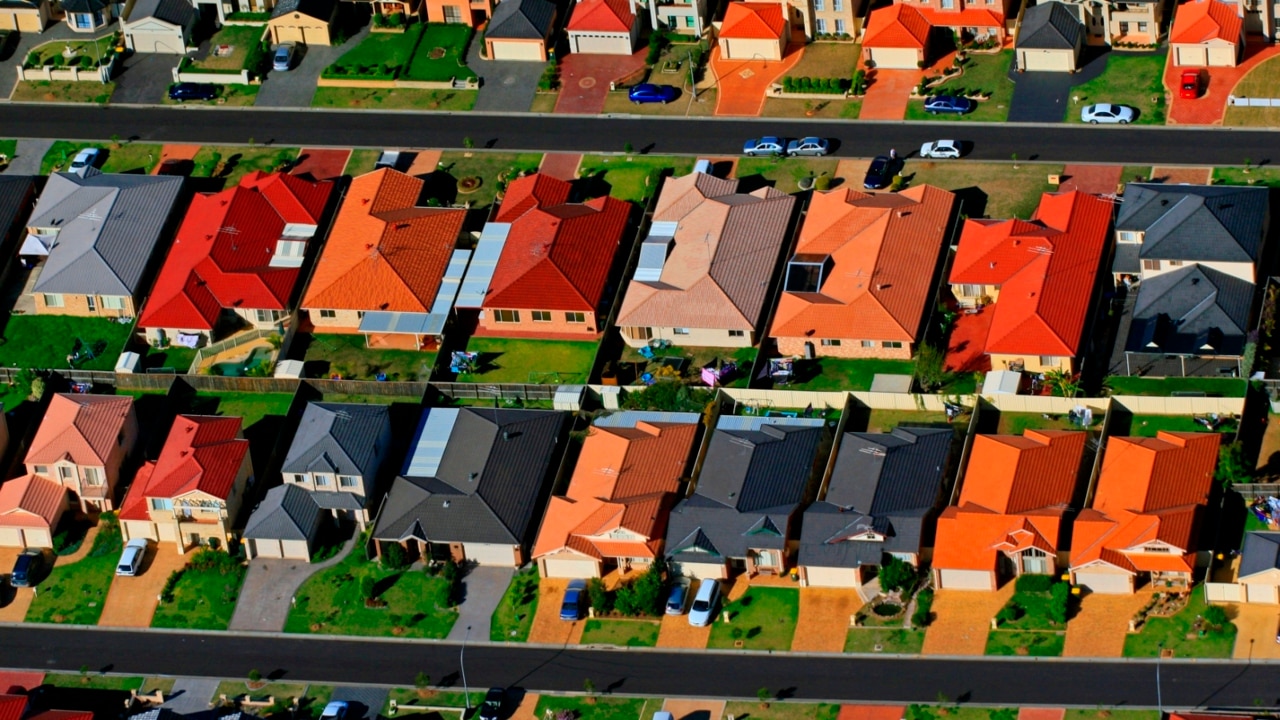Six-months income needed for median stamp duty bill
Soaring property prices and bracket creep are to blame for the significant cost of stamp-duty, which has jumped six-fold in a generation, a new report has found.

The average homebuyer in Sydney and Melbourne would have to save every dollar they earned for six months to cover a stamp duty bill that is now six times larger than it was a generation ago.
A new joint research report from e61 Institute and PropTrack has revealed the cost of property purchase taxes has soared over the past 40 years as wages failed to keep pace with surging property price growth.
Buyers in Sydney must pay $44,500, or six months of average full-time post-tax income, in order to secure a median home at $1.05m.
That is 5.4 times higher than it was in the early-to-mid 1980s.
The biggest long-term change was in Melbourne, where the burden of stamp duty takes six months of full-time income to save $42,500, a 6.1-fold increase from four decades ago.
PropTrack senior economist Angus Moore said the reasons for the increases were two-fold, with rising house prices and bracket creep to blame. “The rise has largely been incidental rather than an intentional increase in tax rates,” Mr Moore said.
“Home prices have grown faster than incomes, and stamp duty brackets have not kept up with growing prices. Sydney home prices relative to the early 1980s are up over 14-fold, while incomes are up over five-fold. Essentially, (stamp duty) rates have rarely been adjusted very much. In NSW, the rates as they exist today are largely unchanged from 1986 minus a few tweaks.
“Other cities aren’t quite as stark as that but you see that story largely across Australia.”

Three months full-time income is required to purchase the median home in Perth and 5.1 months in Adelaide, while Canberra, Hobart and Darwin each require the equivalent of 3.6 months of wages.
Significant price growth has occurred in Adelaide and Perth since the pandemic, with stamp duty costs now 4.4 times and 4.5 times higher, respectively, than four decades ago.
It is a similar situation in Hobart, where the purchase tax burden is six times higher.
Brisbane buyers have encountered the lowest change over time because of concessions on offer for owner-occupiers, although transfer duty still represents around $25,900 or 3.7 months of income for an investor. For those purchasing a home to live in, it is equivalent to $18,700 or 2.7 months of income – 5.5 times higher than four decades ago.

Research manager at the e61 Institute Nick Garvin said stamp duty’s impact extended past the property market.
“Our research highlights the indirect impacts of stamp duty on other parts of people’s lives, including whether … they change jobs, and when they decide to have children,” Dr Garvin said.
“Preventing job switching can weaken productivity, which has flow-on effects on wage growth and inflation. Overhauling the current stamp duty system has the potential to alleviate these pressures on individuals and the economy more broadly.”
The 2010 Henry tax review recommended the removal of transfer taxes in order to gradually move to a uniform land tax.
The ACT is more than halfway through a 20-year process to remove the purchase tax. Last year, the previous NSW government offered first-home buyers the option to opt in to a yearly land tax instead of paying stamp duty but this has since been removed.

Real Estate Institute of Australia president Leanne Pilkington said state and territory governments were largely unwilling to remove the “antiquated tax” because of the $60bn made in revenue each year.








To join the conversation, please log in. Don't have an account? Register
Join the conversation, you are commenting as Logout